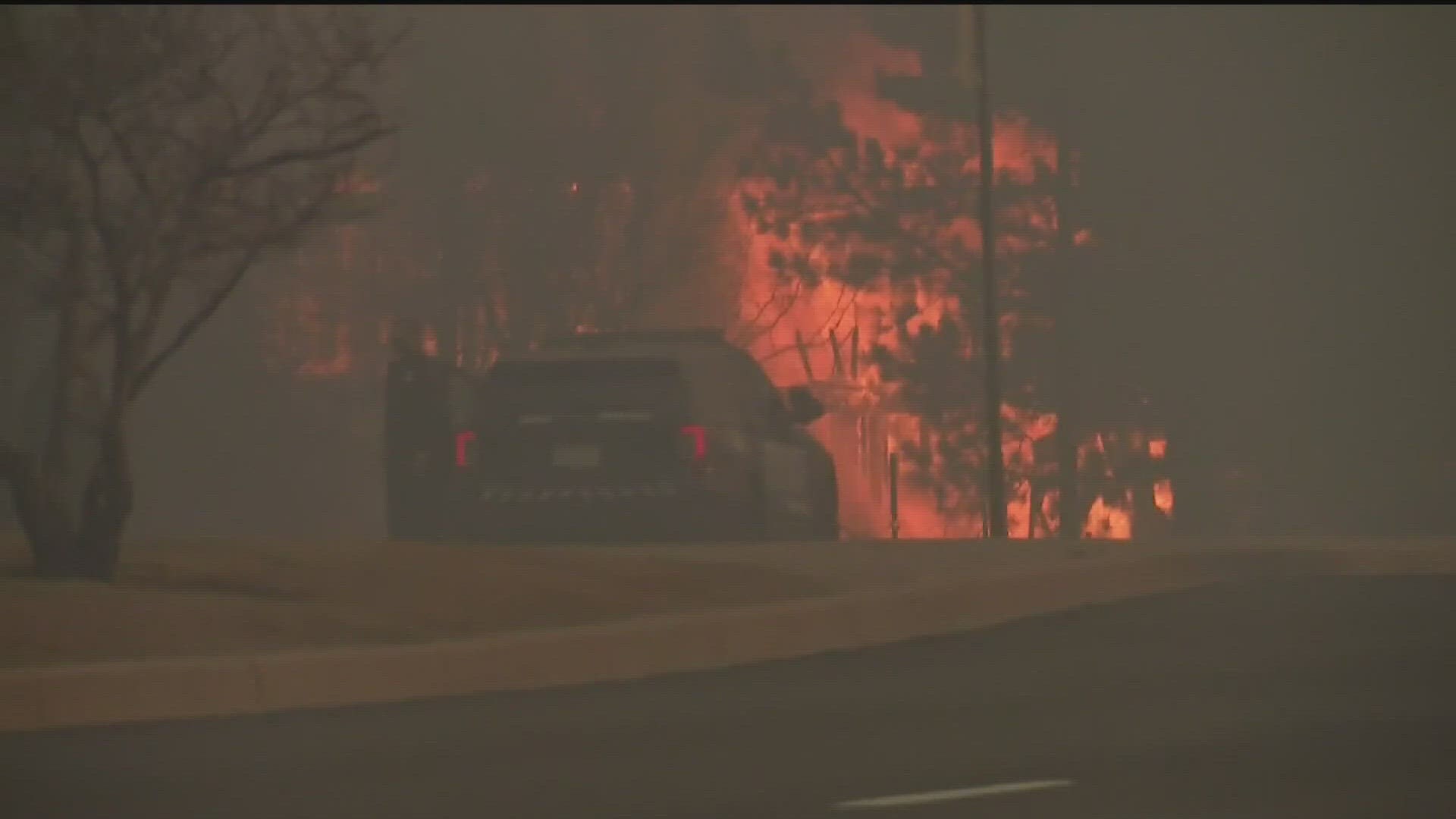DENVER — Colorado is no stranger to hazy skies and smoke in the air, with wildfires becoming a nuisance for many at times. But the junk in the air can impact more than just our lungs.
"So what makes these smaller particles so much more concerning is that, they get deep into your lungs and stay there but they also can carry other contaminants, other harmful chemicals," said Devlet Helmig, principal owner at Boulder AIR.
A new study published just this week found that antibiotic resistance is on the rise worldwide and air pollution may be contributing to it.
Researchers looked at countries around the globe, finding as the levels of particle pollution in the air rose, so did antibiotic resistance levels.
Dr. Anthony Gerber, professor of medicine and director of pulmonary research at National Jewish Health said that's concerning, as antibiotic resistance can make it harder for people to fight off an infection or pneumonia.
"And the problem is, we have some bacteria that are becoming extremely drug resistant," Gerber said. "So, you can’t treat them easily with normal oral antibiotics or even with some of our IV antibiotics and what we don’t want, so then it creates a problem you get an infection with that and you wind up on IV antibiotics or no good antibiotics or maybe the first antibiotic that you’re treated with doesn’t work because the bacteria is resistant.”
This new research is shining a light on the health risks inside polluted air, Helmig said..
"What I've seen increasingly and consistently is that the more we learn, the more work is being done, the more we learn that air pollution is more concerning, more harmful than what we thought 5, 10, 20 years ago," Helmig said.
Particle pollution's impact on antibiotic resistance is adding concern to an already worrying problem, Gerber said.
“Particulate matter pollution, it’s not a single thing. It’s a whole mix of tiny particles. And other things can hop a ride on those particles, so it’s not just a piece of burned wood, they’ll grab onto bacteria, they’ll grab onto DNA,” Gerber said. "Sometimes, those antibiotic resistance genes can hop onto these particles and then they go up in the air and they can spread. So, it serves as a way those genetics that make a bacteria resistant, those genetics can hop a ride on these particles and then they're moving all around."
With climate change expected to bring more wildfires in the future and with it, more harmful particles in the air, experts say more research into this issue will help them determine how best to tackle the issue.
"It's something we definitely have to pay attention to," Gerber said.
SUGGESTED VIDEOS: Latest from 9NEWS

